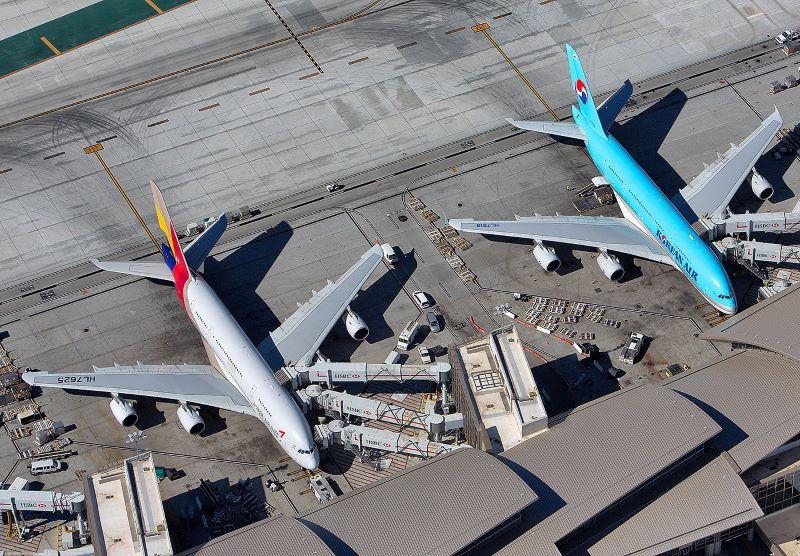
Credit: Joe Pries
SINGAPORE—The smooth integration of work culture between the MRO arms of Korean Air and Asiana is among the key focuses as the South Korean flag-carrier prepares for the impending merger between the two airlines. With only a handful of regulators left to approve the merger, Korean Air is working on...
Subscription Required
Culture Integration Key To Korean Air-Asiana MRO Merger is published in Aerospace Daily & Defense Report, an Aviation Week Intelligence Network (AWIN) Market Briefing and is included with your AWIN membership.
Already a member of AWIN or subscribe to Aerospace Daily & Defense Report through your company? Login with your existing email and password.
Not a member? Learn how you can access the market intelligence and data you need to stay abreast of what's happening in the aerospace and defense community.





